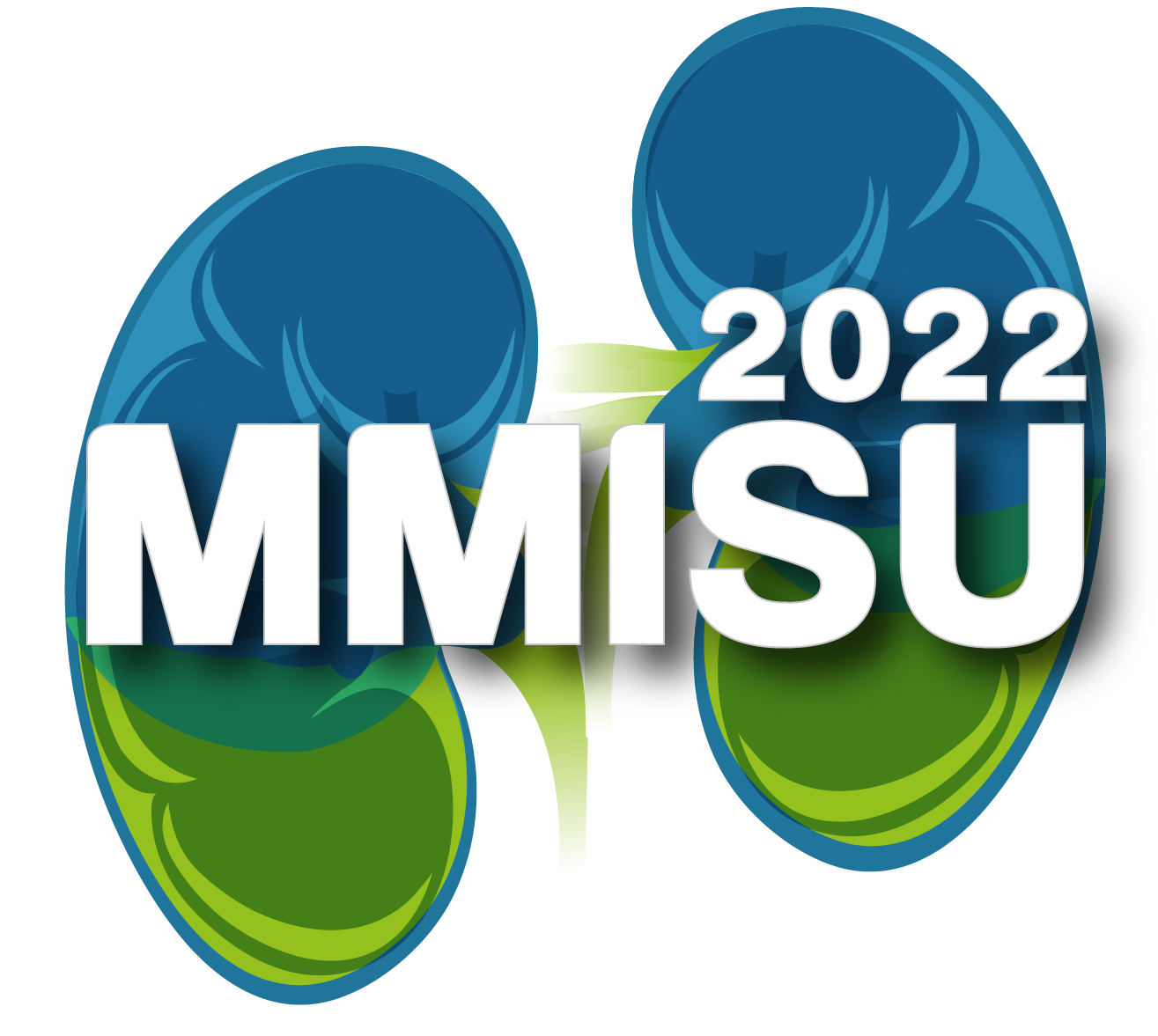How Motivational Interviewing Helps in Addiction Recovery
Each stage is important to the recovery process, and it can be helpful to understand these stages to have the best chance of successfully navigating them. Addiction involves brain mechanisms, particularly in the dopamine system crucial to reward processing. While stopping drug use is a pivotal aspect of recovery, it is only one part. The process often requires reprogramming deeply ingrained thought patterns, and forming new behaviors. Different types of medications may be useful at different stages of treatment to help a patient stop abusing drugs, stay in treatment, and avoid relapse. SAMHSA envisions that people with, affected by, or at risk for mental health and substance use conditions receive care, achieve well-being, and thrive.
Treatments for Alcohol Use Disorder
- A good relapse prevention plan specifies a person’s triggers for drug use, lists several coping skills to deploy, and lists people to call on for immediate support, along with their contact information.
- Minerals such as magnesium and zinc further contribute to mental wellness, helping reduce anxiety and foster emotional stability.
- By integrating these principles, counseling environments can transform the recovery journey, ensuring that clients receive holistic support tailored to their unique needs.
- As an empowering and healing process, forgiveness not only mends the past but also lays a foundation for a future defined by resilience, hope, and personal growth.
- We’ll give you skills to discover your self-worth and show you the tools for a life of hope and promise.
For some people, committing to complete abstinence is not desirable or is too daunting a prospect before beginning treatment. Many people desire only to moderate use and bring it under control. In fact, there is growing support for what is called harm reduction, which values any moves toward reducing the destructive consequences of substance abuse. Researchers find that taking incremental steps to change behavior often motivates people to eventually choose abstinence. Nevertheless, many treatment programs, including Alcoholics Anonymous, require a commitment to complete abstinence as a condition of admission. Recovery from addiction is not only possible, it is the rule, rather than the exception.
Understanding How Rehab Facilities Help You Stay Sober
- Overcoming an SUD is not as simple as resisting the temptation to take drugs.
- For example, if you’ve relapsed after returning home from treatment in the past, you might consider trying another living environment, like a sober living home.
- The central principle of all forms of meditation is to focus attention on the present moment, the “now.” Some experts believe addictions result in part from an attempt to escape psychological pain.
- For example, if you lack a stable and safe living situation, then finding a sober living facility will be an important component of your plan.
- Most people who make their way into recovery have left a lot of pain and suffering in their wake.
- As previously mentioned, returning to a supportive and encouraging home environment may be the best place to help you maintain your abstinence and continue to develop your coping skills.
This transformative process encourages individuals to recognize discrepancies between their current situation and their desired future, ultimately leading them to cultivate a more empowered self-image. MET emphasizes principles like empathy and self-efficacy, prompting individuals to take ownership of their recovery journey. This ownership reinforces a positive view of themselves and builds their resilience. Incorporating these nutritional principles into addiction recovery strategies can significantly enhance overall well-being and the likelihood of sustained sobriety. Opioid use disorder (OUD) particularly affects nutrition through appetite suppression and unhealthy eating habits. Individuals often struggle with constipation and weight loss, harming their overall health.
Behavioral Changes as Core Contributors to Health
Therefore, integrated treatment solutions that examine both trauma and addiction are essential for fostering long-term recovery and healing. The relationship between trauma and addiction is complex and cyclical. Individuals often use substances as a coping mechanism for emotional pain stemming from traumatic experiences.
Rebuilding close connections with family and friends is essential to successful addiction recovery. This often requires the addicted person to recognize and make amends for the damage caused by past behavior. Staying on the path to health takes patience, loving relationships, and emotional resilience. Fortunately, tools and resources are available to help someone stay straight and to pick them up if they stumble. Moving on from this stage can be difficult, even if friends and family members attempt to advise the individual that they need to seek treatment for their addiction. Until the individual recognizes a need to change, they will remain in the precontemplation stage.
How to improve communication skills in recovery
Trauma plays a significant role in the development of addiction, as it is closely linked to substance use and the creation of substance use disorders. Individuals, particularly children and adolescents, who experience traumatic events such as violence, abuse, or neglect are at a heightened risk for later substance use issues. Assessment of individual nutritional needs occurs at rehabilitation facilities, often during admission.
Reach out to connect with one of the knowledgeable admissions navigators—many of whom are in recovery themselves. They can answer your questions, explain your options, and help you begin your recovery journey. You may also experience what Sober Houses Rules That You Should Follow is commonly called sobriety fatigue, which refers to the overall exhaustion that may occur as a result of the emotional and physical stress of staying sober. So, it’s extra helpful to have a support network available to you when you need it.
- Originating with Alcoholics Anonymous (AA) in the 1930s, it has since spread to address different addictions such as drug addiction, compulsive gambling, overeating and codependency.
- Sustained remission is applied when, after 12 months or more, a substance is no longer used and no longer produces negative life consequences.
- Identify other factors in your life—relationships, work—that can help take the focus off addictive behaviors.
- Resistance to treatment is common, especially in individuals who have experienced multiple relapses or doubt their ability to succeed.
- Discover the cognitive consequences of methamphetamine addiction and their impact on decision-making and memory.
How Legends Recovery provides a personalized approach to treatment
As studies suggest, ensuring proper hydration and nutrient intake can reduce feelings of anxiety, depression, and fatigue, supporting the overall healing process. Sometimes one of the most helpful ways to learn about treatment is to speak with someone who understands the recovery process and the types of treatment options available. There are also free alcohol and drug abuse hotline numbers you https://thecinnamonhollow.com/a-guide-to-sober-house-rules-what-you-need-to-know/ can call.
Understanding the deep connections between stress and drug addiction is essential to recovery. People who experienced stress and trauma, such as child abuse, early in life are more likely to become addicted to drugs. Stressful mental health conditions like depression and anxiety also increase the risk for opioid addiction. People with a prescription drug addiction often say stress was a reason they began misusing pain pills.
Long-Term Benefits of Addressing Trauma in Recovery
Behavioral therapies can also enhance the effectiveness of medications and help people remain in treatment longer. They also value having role models of recovery and someone to call on when the recovering self is an unsteady newborn. Data show that the programs are helpful for some but not for everyone. No matter which pathway of recovery a person chooses, a common process of change underlies them all. The well-researched science of behavior change establishes that addictive behavior change, like any behavior change, is a process that starts long before there’s any visible shift in activity. Relapse is common and experts see it as an opportunity for learning about and overcoming impediments to change.



